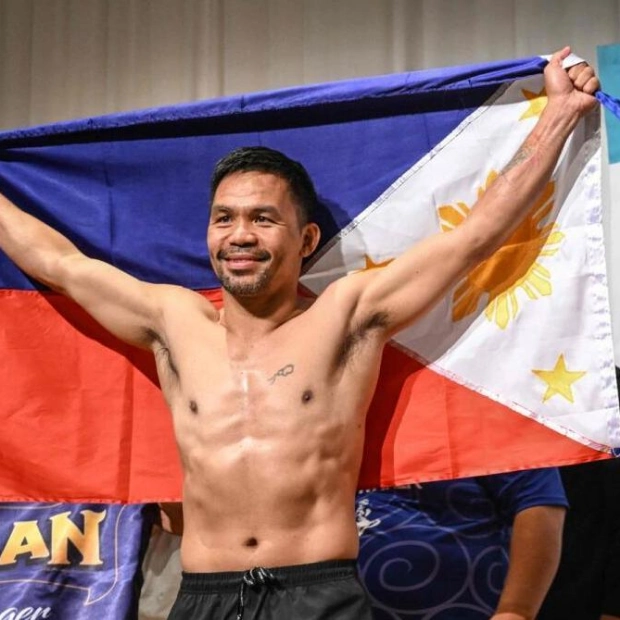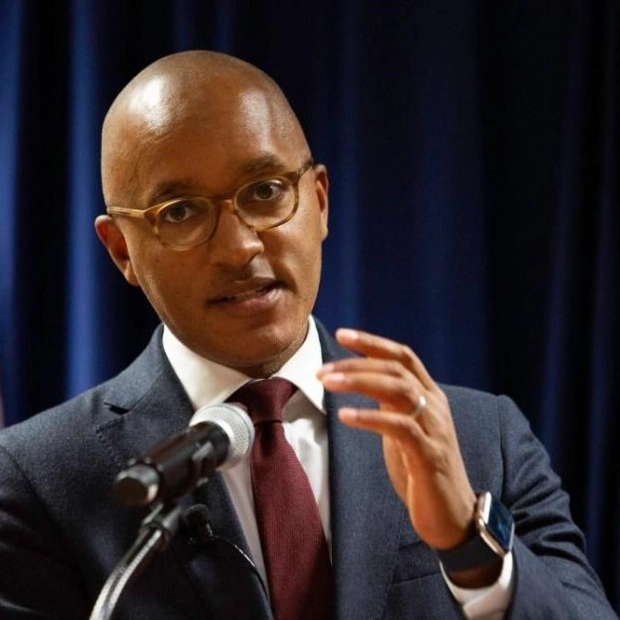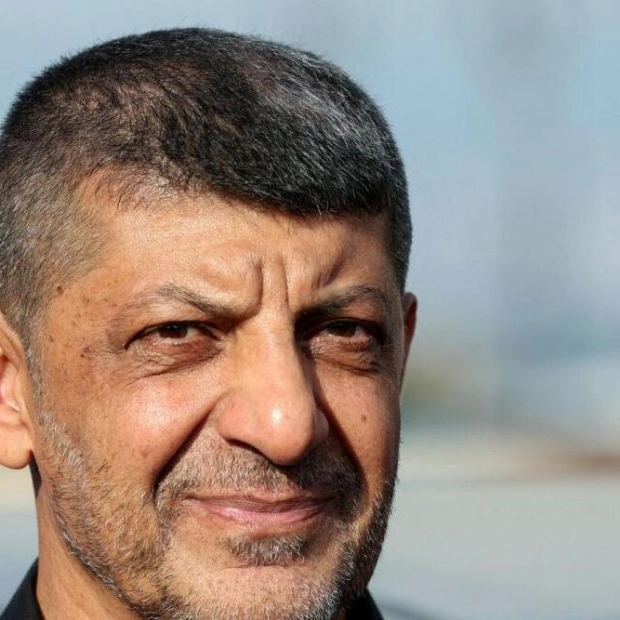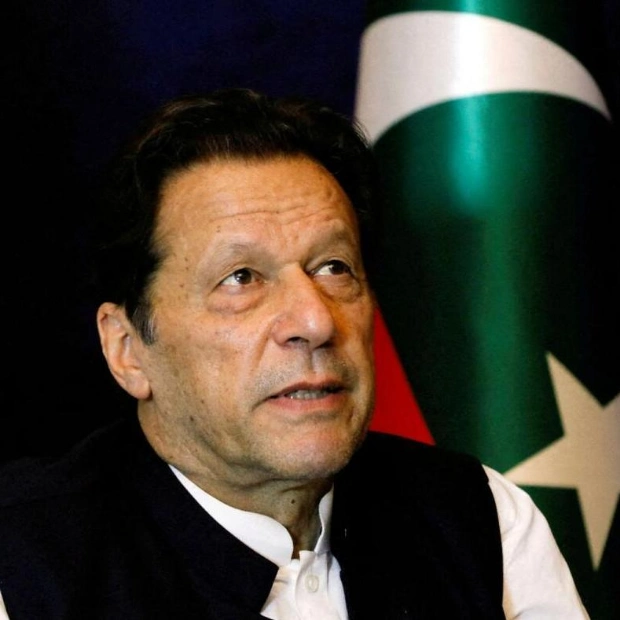In 1899, an international tribunal controversially resolved a border dispute between Venezuela and British Guiana in favor of the British. Fast forward 125 years, and Liam Dawson is walking back to the Providence Stadium pavilion, run out for a two-ball duck after failing to slide his bat into the crease. While these two events may seem unrelated, they are actually connected in a subtle way. Have you been following Hampshire's progress in the Global Super League Twenty20 in Guyana? The matches have been broadcast live on YouTube every night, featuring commentators like Nick Knight and Mark Butcher, and international stars such as Moeen Ali, Carlos Brathwaite, and Shan Masood.
As of now, Dawson has faced five balls in the competition, scored one run, and been dismissed three times. Hampshire is likely to struggle to make the final. The cricket has been decent, but the level of effort from players and spectators has been mixed. The standout bowler has been the 45-year-old Imran Tahir. However, none of this really matters because the GSL isn't just a cricket tournament; it's Potemkin cricket, cricket-flavored content, and a honey trap in a broader geopolitical plot involving Russia, India, hard power, and big oil.
Almost a decade ago, oil was discovered off the coast of Guyana, transforming the fortunes of this sparsely populated, thickly forested tropical South American nation. According to the World Bank, it is the fastest-growing economy in the world. There has been lavish investment in infrastructure, schools, hospitals, roads, and tourism. But this growth has brought a big problem to its western frontier. The 1899 Paris Arbitral Award did not settle things. For most of the last century, Venezuela has maintained its claim on the Essequibo province, and under Nicolás Maduro's autocratic rule, it has intensified its rhetoric. With oil reserves at stake, Venezuela has begun amassing troops at the border and threatening to annex the region. Vladimir Putin is a close ally of the Maduro regime, and any armed conflict would be fought with Russian backing and hardware.
As a tiny oil-rich state with less than a million people, Guyana needs friends quickly. It needs to make a noise in the corridors of power and attract investors. Enter cricket. Before the oil discovery, Guyanese cricket was stagnant. The Providence Stadium hadn't hosted a Test for 13 years, and the talent pipeline that once produced players like Carl Hooper, Shivnarine Chanderpaul, and Lance Gibbs had dried up. But investment has brought the good times back. Guyana hosted two West Indies games and a semi-final at the recent T20 World Cup, and Test cricket returned in August. Two more international stadia, along with a new national academy and T20 league, are in the planning stages.
The real jackpot in cricket is India, and there is a natural synergy here. Nearly half the Guyanese population is of Indian origin. India wants a sustainable, reliable source of oil for its growing population, and Guyana wants visibility and foreign investment. What better way to foster this friendship than through T20 cricket? This is how Dawson ends up run out without sliding his bat, in a narrow defeat by Lahore Qalandars, in a largely deserted stadium, in a tournament that nobody asked for. A T20 Champions League without actual champions, but with a $1m prize pool and Hampshire Hawks invited largely due to its new Indian ownership.
The whole idea is a test run, a prototype of a new Guyana-based T20 asset that might one day attract the best Indian Premier League franchises, many of which are already embedded in the Caribbean. Border security and soft power, expressed through cricket, is a serious prospect. Last month, Indian Prime Minister Narendra Modi visited Guyana, where he unveiled the new Global Super League trophy and met Guyanese cricketing luminaries. "It's obvious he's doing a good job," said Clive Lloyd. "We would like more prime ministers like him."
There is one final point to consider. What do the players make of all this? Do they have any idea what's happening? Are they aware of how their talents, names, and skills are being leveraged in the name of geopolitics? Do they notice the ExxonMobil logos plastered across the stadium and the absence of sport in their sport? Perhaps not. For most, this is simply a pleasant couple of weeks in the Caribbean, a handy winter tune-up, and a solid payday. But at some point, they might realize that only a fraction of the riches flowing through this game are reaching their pockets. The sums in cricket's brave new frontier are modest, once boards, agents, taxes, and expenses are paid off. Even the best salaries pale in comparison with top athletes from other sports.
Divided and adrift, the typical modern franchise cricketer exists in a perpetual blur, chasing the next contract, blissfully unaware of the games they are being coopted into. Meanwhile, the wage-to-turnover ratio is about 67% in the Premier League, 65% in the NFL, and an estimated 18% in the IPL. Taking a collective interest in the political currents of their sport isn't just good citizenship; it might be worth their while.
Source link: https://www.theguardian.com






